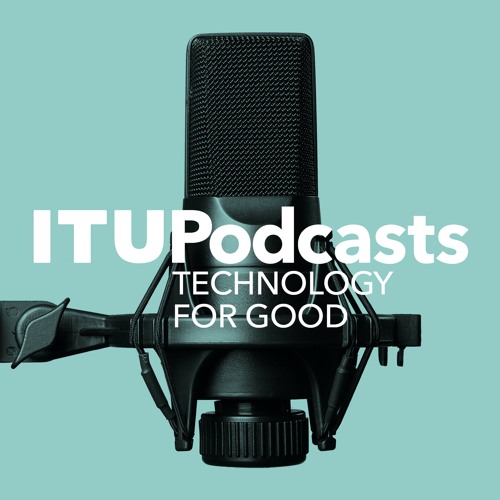The new space race ŌĆō joined by many private companies in addition to national administrations ŌĆō means increased complexity when it comes to radio frequency spectrum sharing and space sustainability. Learn more about ŌĆÖs role in safeguarding spectrum use in space.
ITU

Tech for COVID-19 and future outbreaks
The COVID-19 pandemic has exposed significant areas of inequality and exclusion in the digital world, particularly for populations at risk. The International Telecommunication Union (ITU) has published on how to ensure that digital information, services and products are accessible by all people, including persons with disabilities, during the pandemic. New and emerging technologies that leverage big data and artificial intelligence (AI) offer new ways of responding to and recovering from the pandemic.
This latest edition of News Magazine presents ITUŌĆÖs Youth Strategy to drive inclusive empowerment, engage young leaders and help them participate alongside todayŌĆÖs digital leadersŌĆŗ.
New data from the (ITU) reveal strong global growth in Internet use, with the estimated number of people who have used the Internet surging to 4.9 billion in 2021. The unusually sharp rise in the number of people online suggests that measures taken during the pandemic contributed to a 'COVID connectivity boost' that has brought an estimated 782 million additional people online since 2019, an increase of 17 per cent. However, ITU data confirm that the ability to connect remains profoundly unequal.
Why does the portrayal of women scientists and engineers in films and in the media matter? Would you say that there's a conscious effort to change the numbers and images of women characters as scientists and engineers? What concrete actions can content creators put in place to support and promote strong female characters and role models? Geena Davis, Academy Award winning Hollywood actor, founder of the Geena Davis Institute on Gender in Media, and ITU's Special Envoy for Women and Girls in ICT, answers these questions in an exclusive interview with .
As the vital protectors of an estimated 80 per cent of the worldŌĆÖs remaining biodiversity, encourages indigenous communities to continue to partner for global sustainability.
Ageing is becoming a megatrend. Around the world birth rates are declining, while people are living longer, healthier lives. For the first time in human history, people over the age of 60 outnumber those under the age of five. A population predicted to reach 2 billion by the year 2050.
In this episode of ŌĆÖs we are focusing on how technology can have a major part to play in ensuring that this population does not go underserved, but that will only happen if both technology creators and policy makers are aware of and act on this dramatic shift in the global demographic.
Join for the first episode of five, learning everything you need to know to stay safe and have fun online! Stay safe, stay tuned, engage! The internet is a great place with exciting adventures and opportunities. However, it is also a place that hides many risks if we are not careful with our behaviour when we surf the web. Here is a step-by-step guide on how to protect ourselves when we communicate, play, and surf online.
Sustainable development depends more than ever on connecting all communities to digital resources and knowledge. Innovation is integral to the economic growth of countries and the digital inclusion of societies in a post-COVID-19 world. Next year the is hosting the focused on connectivity. In the series, an event discussing will take place on 21 July 2021, 14:00 ŌĆō 15:30 CES. .
People who identify as living with disability represent 15% of the worldŌĆÖs population, which is currently around 1 billion people.
How Mauritius is supporting girls in ICT studies
brings us the case of how Mauritius is boosting tech careers for girls and women in Mauritius. The job prospects in the field of telecommunications are immense, especially as Mauritius is having mayor breakthroughs, such as their . Now it the time for changing attitudes and encouraging girls to be bold, be brave and brake barriers.
Globally, every living human being produces 7.3 kg of e-waste, or WEEE, annually. While developed countries produce more than their share, e-waste is piling up in the developing world. Find out how is supporting Namibia in finding policy solutions, including extended producer responsibility, to the e-waste problem.
Across the Americas, only about half of households in rural areas have a home Internet connection, compared to nearly three quarters of those in urban areas, according to the latest study on regional digital trends by the . The last of six regional preparatory meetings for the brought policy makers and experts together to take stock of digital challenges and opportunities.
and partners jointly organize the for empowering women in the cybersecurity sector. The programme engages role models and leaders in this field and connects them with talented women worldwide, and it also offers technical and soft skills training courses. It is open to women working in cybersecurity at junior levels, as well as women seeking to enter the cybersecurity workforce. It aims to shift the mentality and encourage women to take on leadership roles in cybersecurity, and promote knowledge sharing of professional best practices.
is inviting contributions for special issues of the , which provides complete coverage of all communications and networking paradigms.


